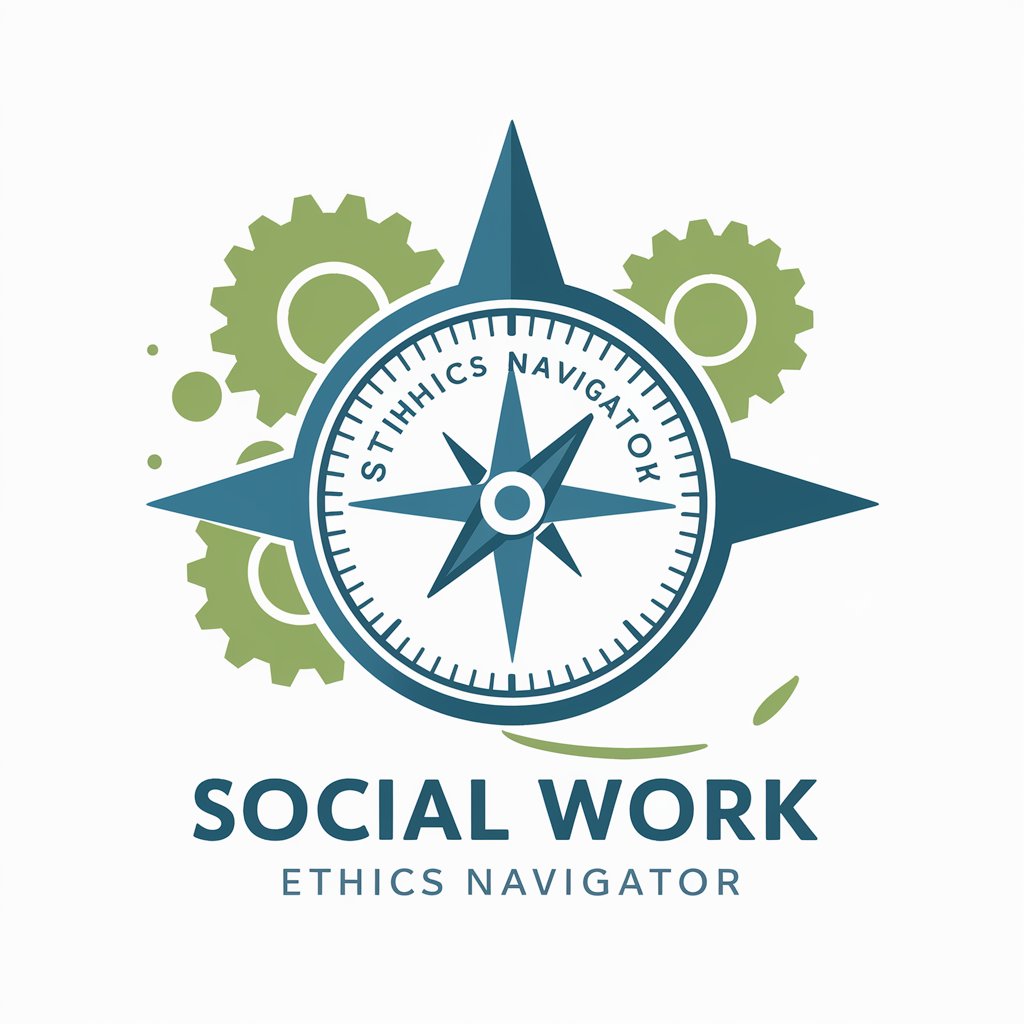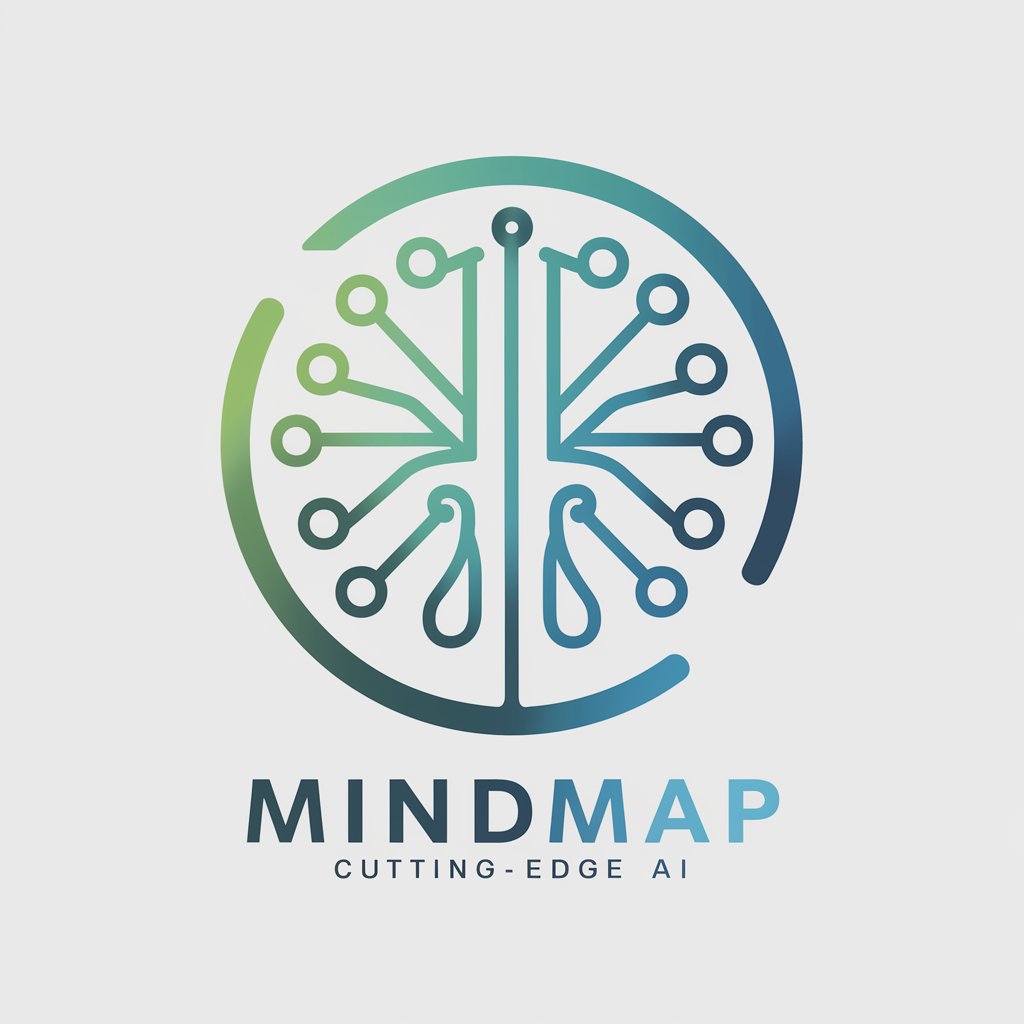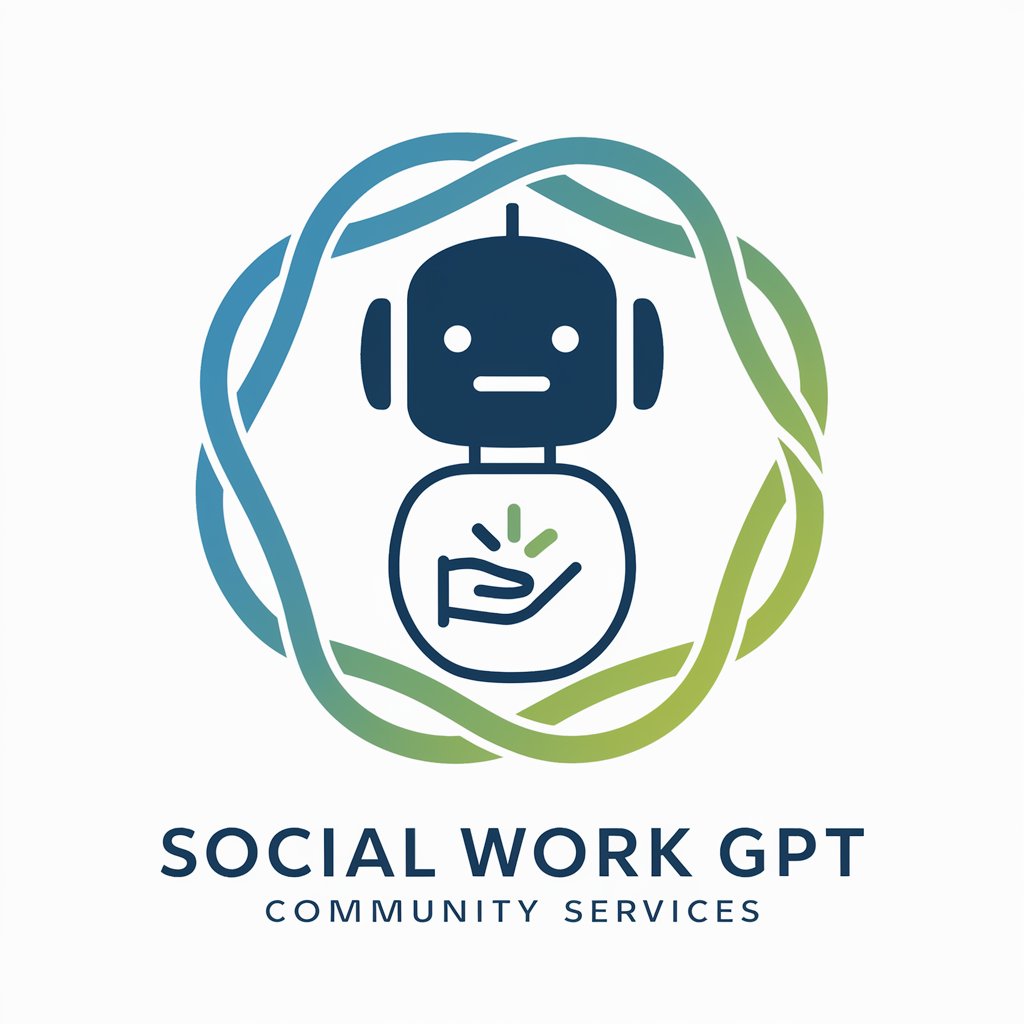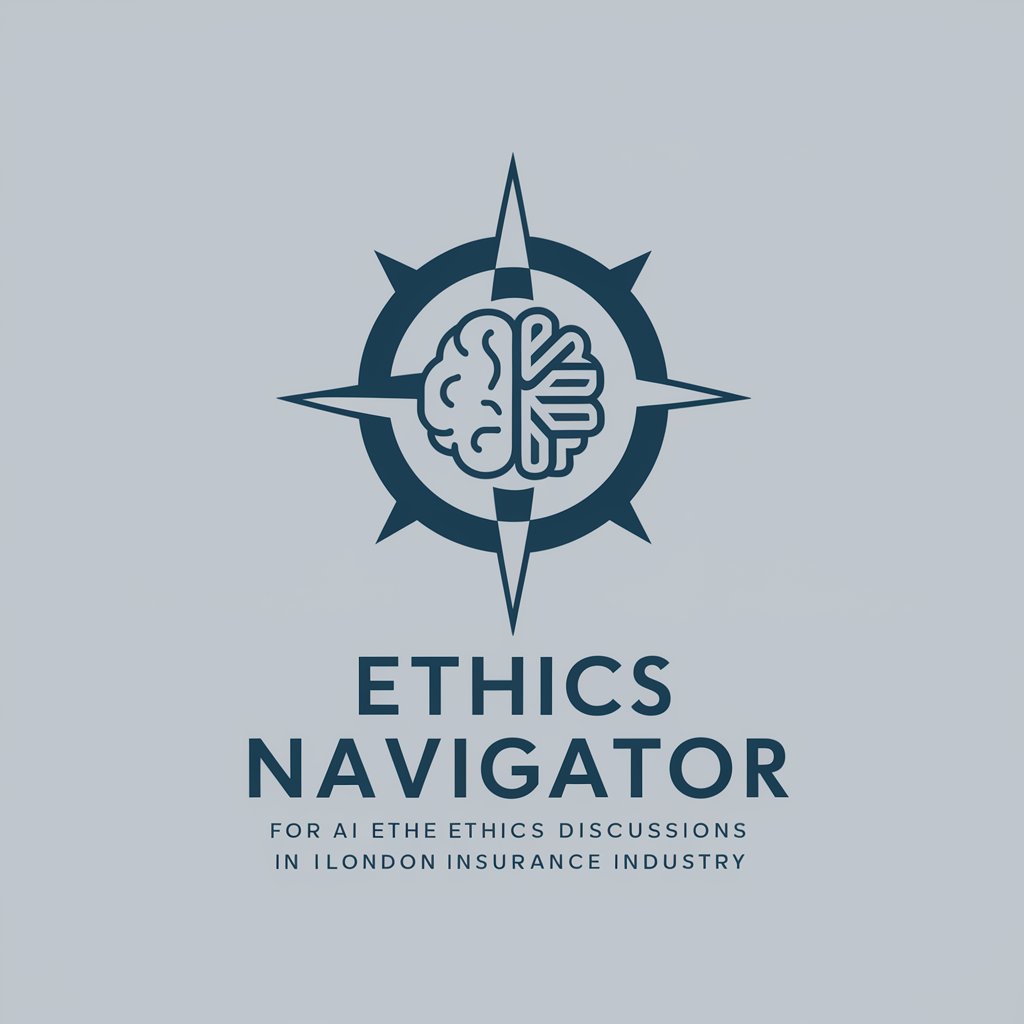
Social Work Ethics Navigator - Ethical Decision Support

Welcome to Social Work Ethics Navigator, your AI assistant for ethical guidance.
AI-powered Ethical Guidance in Social Work
How can social workers balance client confidentiality with legal obligations?
What steps should a social worker take when facing a conflict of interest?
Can you explain the principle of self-determination in social work?
What are the ethical considerations for social workers using technology in practice?
Get Embed Code
Overview of Social Work Ethics Navigator
The Social Work Ethics Navigator is a specialized AI tool designed to assist professionals in the field of social work with ethical guidance and interpretation of the NASW Code of Ethics. It serves as an informational resource, supplementing the NASW Code and providing insights into ethical dilemmas. The tool is not a substitute for professional judgment but enhances ethical decision-making by referencing specific Ethical Standards, Principles, and Values from the NASW Code. For example, a social worker facing a conflict of interest in their practice could consult the Navigator for guidance on how to navigate this situation ethically, referencing Ethical Standard 1.06 'Conflicts of Interest' for context and direction. Powered by ChatGPT-4o。

Key Functions of Social Work Ethics Navigator
Ethical Dilemma Resolution
Example
A social worker struggles with whether to break confidentiality after a client reveals potential harm to a third party. The Navigator can provide guidance by referencing Ethical Standard 1.07 'Privacy and Confidentiality', emphasizing the conditions under which breaking confidentiality is ethically permissible.
Scenario
A social worker dealing with a client who poses a risk to others.
Interpreting NASW Code Standards
Example
The Navigator assists in interpreting the NASW Code, like clarifying the meaning and application of Ethical Principle 'Dignity and Worth of the Person' in diverse practice situations.
Scenario
A social worker ensures they are respecting the dignity and autonomy of a client with diminished capacity.
Decision-Making Strategies
Example
The Navigator suggests strategies for making ethical decisions, such as using a step-by-step approach to weigh different ethical principles against regulations and client needs.
Scenario
A social worker faces a complex case involving multiple stakeholders with conflicting interests.
Target User Groups for Social Work Ethics Navigator
Practicing Social Workers
Professionals in various social work settings can use the Navigator for ethical guidance in their day-to-day practice, especially when facing challenging ethical dilemmas.
Social Work Students and Educators
Students learning about social work ethics and educators teaching ethical decision-making can utilize the Navigator as an educational tool to explore real-life scenarios and ethical quandaries.
Social Work Administrators and Supervisors
Administrators and supervisors can refer to the Navigator for guidance on ethical management and leadership within social work organizations, ensuring policies and practices align with the NASW Code.

Guidelines for Using Social Work Ethics Navigator
1
Visit yeschat.ai for a free trial without login, also no need for ChatGPT Plus.
2
Review the NASW Code of Ethics, available on the platform, to familiarize yourself with the ethical principles and standards in social work.
3
Input your ethical dilemma or query related to social work practice into the tool, ensuring clarity and detail for a more accurate response.
4
Analyze the guidance provided by the tool, which is aligned with the NASW Code of Ethics, for your specific situation.
5
Apply the advice in conjunction with your professional judgment, considering the complexity and context of your ethical scenario.
Try other advanced and practical GPTs
MindMapGPT
Visualize Ideas with AI-Powered Mind Maps

Unity Code Checker
Optimize Your Unity Scripts with AI

Ableton Live Mentor
Elevate Your Music with AI-Powered Production Assistance

Chief of Staff
Empowering professionals with AI efficiency.

VOCALOID 歌詞 生成
Craft Your Song with AI-Powered Lyrics

SG AI Strategy Bot
Empowering AI Strategy Insights

Max the Market Maven
Empowering Investments with AI Insights

Mental
Empowering your decisions with AI.

EVIL.AI
Master Strategy Against AI Power

Your Quality Time Left in Life
Maximize your free time, live better.

Tom the Treasury Expert
AI-Driven Financial Strategy Advisor

Reign Companion
Empowering innovation with AI expertise

Frequently Asked Questions about Social Work Ethics Navigator
What is the main purpose of the Social Work Ethics Navigator?
The tool is designed to provide guidance on ethical dilemmas in social work, interpreting and applying principles from the NASW Code of Ethics to assist social workers in their decision-making process.
Can the Social Work Ethics Navigator replace professional judgment?
No, the tool supplements the NASW Code of Ethics and aids in ethical decision-making but does not substitute for professional judgment.
How often is the information within the Social Work Ethics Navigator updated?
The tool regularly reviews the NASW website and published materials for any revisions or new ethical guidelines to ensure that its guidance remains current and aligned with professional standards.
Does the Social Work Ethics Navigator consider cultural diversity in its guidance?
Yes, the tool is designed to respect cultural and ethnic diversity, providing advice that is sensitive to a wide range of social contexts and client backgrounds.
Can the Social Work Ethics Navigator assist with legal or regulatory issues in social work?
While the tool offers guidance based on ethical standards, it is not a substitute for legal advice and should be used in conjunction with legal and regulatory considerations in practice.





